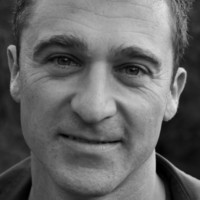Dogsbody Does Dublin
Four dispatches from the 100th anniversary of Bloomsday.
In most places in the world, June 16 is just another day on the calendar, but here in Dublin, the day that James Joyce earmarked for Ulysses is celebrated with a fervor not seen here since the days of the druids when, if you really wanted to party, you needed a couple skeins of wine and a grove full of virgins.






